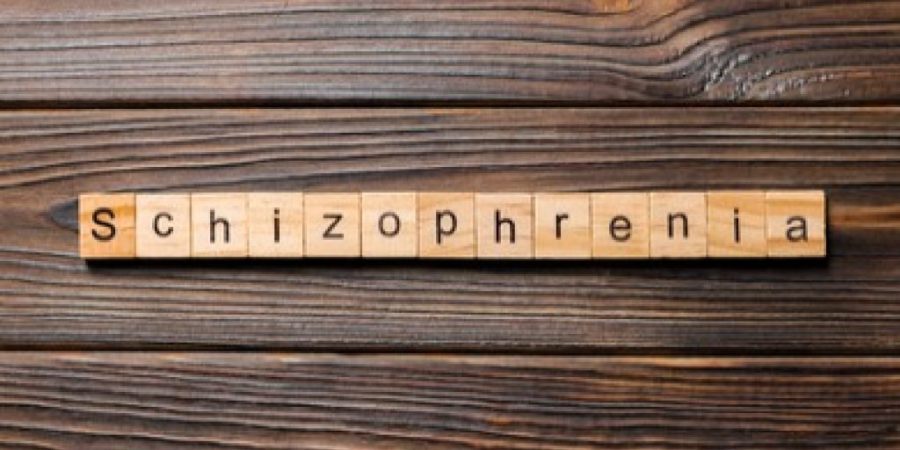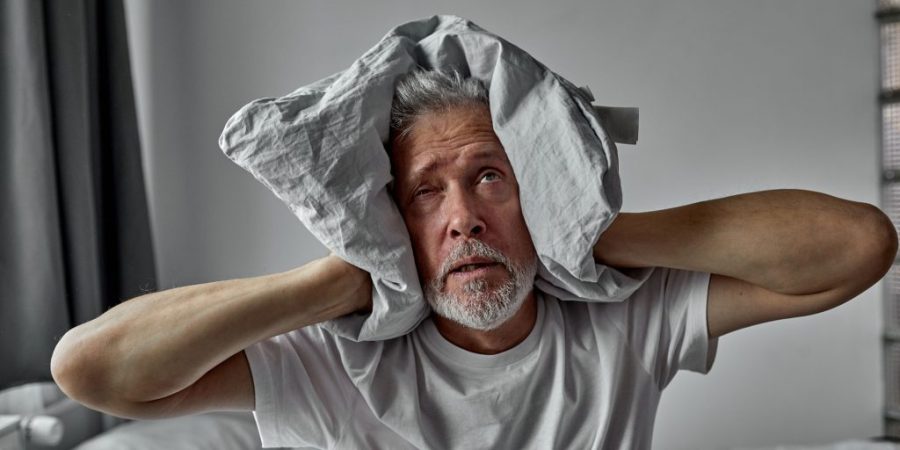
From Springbrook Hospital –
Schizophrenia affects approximately one percent of adults in the United States and can significantly impact an individual’s ability to function in daily life. Being diagnosed with schizophrenia can lead to social isolation, unemployment, and an increased risk of substance abuse. But living with schizophrenia doesn’t have to feel like a life sentence. With the help of residential treatment centers for schizophrenia, you can gain access to tools that will help you live a happy life while managing your schizophrenia symptoms.
Before detailing the benefits of a schizophrenia treatment center, we’ll take a closer look at this psychiatric disorder, its symptoms, and the available treatment options.
Table of Contents
What Is Schizophrenia?

Schizophrenia is a serious mental health disorder that affects a person’s ability to think, feel, and act. According to the National Institute of Mental Health, this complex, long-term syndrome reportedly affects over two million adults in the United States. Doctors are unable to link schizophrenia to any one specific cause, but some research suggests it could be the result of several factors, including brain chemistry, genetics, and environmental triggers.
Individuals generally receive a diagnosis once they begin experiencing symptoms of psychosis. This typically occurs in the late teens to early 20s for men and the late 20s to early 30s for women. However, no two people’s symptoms are the same, making the diagnosis difficult. For example, subtle shifts in personality changes, irritability, or a steady intrusion of unusual thoughts are things to be on the lookout for if you think someone might have schizophrenia. But before seeking help at residential treatment centers, it’s important to have a full picture of the symptoms of schizophrenia.
What Are the Symptoms of Schizophrenia?
Some of the most common symptoms of schizophrenia are delusions, hallucinations, and chaotic thoughts or behavior. These are known as positive symptoms, meaning they occur in people with schizophrenia but not in the general population.
- Delusions—A person who suffers from delusions strongly believes something untrue. When a person is experiencing a delusional episode, convincing them of the truth can be challenging. Even when you show them evidence that points to the contrary, they still cannot separate fact from fiction. For example, some individuals experience realistic delusions, such as believing their spouse is cheating, while others suffer from unrealistic fantasies, like thinking they can fly.
- Hallucinations—Unlike delusions, hallucinations are centered around senses rather than beliefs. A hallucination occurs when a person experiences something that is not present, such as hearing, seeing, feeling, smelling, or tasting something that isn’t there.
- Disordered thought patterns—Disordered thoughts can present as incomprehensible speech or trying to connect things that don’t necessarily make sense. People with disorganized thought patterns think abnormally, making it difficult for others to follow along with what they’re saying.
Additional symptoms called negative symptoms are known to decrease an individual’s capabilities and are characterized by the following:
- A lack of motivation
- Speaking in a monotone voice
- Wearing flat, uninterested facial expressions
- Not having the desire or drive to do anything
- Being unable to focus
Unfortunately, many people choose not to seek help due to the stigma of this mental health condition. Sadly, many adults are afraid of being judged based solely on their illness. However, It’s important to note that a person with schizophrenia can live a healthy, happy life.
By researching residential treatment centers for schizophrenia, a person can find a location near them that offers long-term, intensive residential care to help them adjust to life with a mental illness.
How Do You Treat Schizophrenia?
The first step in treating someone with schizophrenia is getting them assessed by mental health professionals. An assessment helps doctors learn more about a patient’s symptoms so they can provide an official diagnosis. Once a medical professional establishes a diagnosis, they can then determine the best course of action for treatment. Furthermore, doctors might perform psychiatric assessments, cognitive screenings, and crisis evaluations to get additional information. Doing this allows them to design a treatment plan tailored to each individual’s unique needs.
With that being said, doctors use several different treatment options to help people with schizophrenia. Some individuals may benefit from one healing method, while others need a combination of approaches.
Following assessment, many patients go on to participate in an assortment of evidence-based treatment options, including the following:
- Individual counseling
- Group therapy
- Family therapy
- Psycho-educational focus groups
- Antipsychotic medications education
- Discharge and aftercare planning
At residential treatment centers for schizophrenia, the most important thing is having access to an environment where you feel safe and can be yourself. Knowing you’re staying somewhere that won’t abandon you during your struggles can make all the difference when it comes to getting help. That’s why you should find residential treatment centers that offer adult psychiatric services and dual diagnosis treatment programs.
These treatment centers don’t just teach you how to live with a schizophrenia diagnosis; they teach you how to thrive. Once your time at residential treatment centers for schizophrenia has ended, you should feel more prepared to live your life to the fullest despite your diagnosis.
Should You Choose an Inpatient Rehab?

Intensive treatment programs, like the one at Springbrook Behavioral Hospital, help those battling a severe mental health disorder or substance use disorder. Residential treatment centers for schizophrenia give patients the chance to work closely with mental health professionals and addiction specialists.
In addition, Springbrook Behavioral Hospital offers crisis stabilization and symptom reduction for adults experiencing psychiatric distress. Our sunny Florida location provides a safe and supportive atmosphere that promotes healing, growth, and positive mental health changes. Not only do the patients who participate in this particular program learn to recognize their triggers, but they also develop healthy coping techniques that they can carry with them for years to come.
Furthermore, we offer additional treatment programs, such as our partial hospitalization program (PHP), for individuals requiring a less intensive level of care. This type of program is an excellent option for those transitioning out of our inpatient treatment program.
Where Can You Get Mental Health Help?
Springbrook Behavioral Hospital is one of the best residential treatment centers for schizophrenia in Florida. Our mental health center treats schizophrenia along with other mental illnesses and substance abuse disorders.
If you’re looking for residential treatment centers for schizophrenia in Florida, call us at 352-600-3288 or submit a confidential contact form with your questions. We’re here to help you gain the tools to manage your condition successfully.
The post Finding Residential Treatment Centers for Schizophrenia Near You appeared first on Springbrook Hospital.
Source
Original Author: Springbook Hospital

